Voting was steady but slow Tuesday across the capital region as voters came out for a handful of contested races and three statewide ballot issues.
Voters also had the opportunity to sign petitions to get initiatives on the ballot in the next election cycle.
In Gardiner, voting was steady and slow in the morning.
“I just picked up these glasses, so I thought I would get used to them,” John Bundy said as he left Gardiner’s polling site at the Boys and Girls Club on Pray Street, adding that he was testing them by voting.
Bundy said he votes in the primary and presidential elections, but the issue that brought him out Tuesday was the bond request for elderly housing in the state. Question 2 involves issuing $15 million in bonds to pay for affordable-housing projects for the state’s low-income elderly.
“It’s for homes for us elders who are low-income,” Bundy said. “I think it should do pretty good.”
While he didn’t sign any of the petitions, Ari Wile did.
“I have a few friends involved in politics,” Wile said, adding that she wants to support them. She came out Tuesday primarily to add her name to the petitions, namely the initiative to raise the minimum wage. Although she routinely votes, this is the first time she has voted as a homeowner.
Judy Quintal worked voting into her daily morning walk in Gardiner. Her chief concern is where taxpayer money goes, and the biggest draw for her was Question 1, which would increase election money available under the Maine Clean Elections Act.
“I think a lot of our money isn’t spent well,” Quintal said.
At the Ward 1 polling place at the Augusta State Armory on Western Avenue in Augusta, more than 100 had voted midmorning and no lines delayed voters.
“It’s everyone’s duty to vote. It’s a privilege,” David Auclair said, echoing what nearly every other voter interviewed said Tuesday. “There are some interesting movements in terms of bond issues, which I support.”
The issue that piqued his interest was the one about ranked choice voting, which allows voters to rank candidates in order of preference. First choices are tabulated, and if only two candidates receive votes, the one with the most wins. If more than two candidates receive first-choice votes, the last-place candidate is eliminated, and the votes that candidate received go to the second choice. The process is repeated until only two candidates remain, and the candidate with the most votes wins.
“It’s different, but it makes sense,” Auclair said.
Terry Cookson, working for ranked-choice voting, had a different task than those who were working on petitions. Because signatures for that initiative already have been turned in, she was asking people to fill out information on post cards to be sent to legislators, as an extra push to remind them that their constituents support the change.
Jim Weymouth said the state has approval to issue a lot of bonds already, but he put his support behind the ballot’s Question 3, which would issue $85 million in bonds to pay for transportation projects across the state.
“The highways and streets all over the state should be fixed,” he said.
Jennifer Day doesn’t consider herself “bond happy” and is not in favor of every bond issue, but she voted to support housing for low-income elderly residents.
“There is a gap in the housing market, and we do have room for this,” she said. The Augusta resident and school board member stopped by to vote between errands.
“It’s important to vote, even on a slow day. Your vote has more value,” she said.
By mid-afternoon, polling places were reporting turnouts of 250 or more. Some reported a slow and steady stream, while others had an uptick during lunch hours and school pickup times.
Nancy Kenniston dragged her friend out to vote in Ward 4 at Cony High School in Augusta.
“If we don’t vote, we don’t have the right to complain,” she said.
She opted not to vote for candidates because she hasn’t lived in Augusta long, but she’s all for issuing bonds for low-income elderly housing.
“Clean elections are worth coming out for,” Amy Cummings said. “Who doesn’t want clean elections? This is my right.”
Like all of Tuesday’s voters, Cummings was offered the opportunity to sign petitions, but not all voters saw the same groups.
Turnout among the petitioners varied from polling place to polling place. In some cases, one or two were there; in others, four. Some polling places had expected as many as eight.
At Augusta City Center, Ward 2 voters saw only three — those working on the ranked choice voting, minimum wage and marijuana legalization issues.
Not many voters who had come through by the end of the day supported the pot initiative. Ana Figueroa, who was collecting signatures on behalf of that organization, had only about 65 names.
Leslie Haber, who was collecting signatures on behalf of raising the minimum wage, said most of the voters who had come through had stopped to sign her petition.
Jessica Lowell — 621-5632
jlowell@centralmaine.com
Twitter: @JLowellKJ
Copy the Story LinkSend questions/comments to the editors.

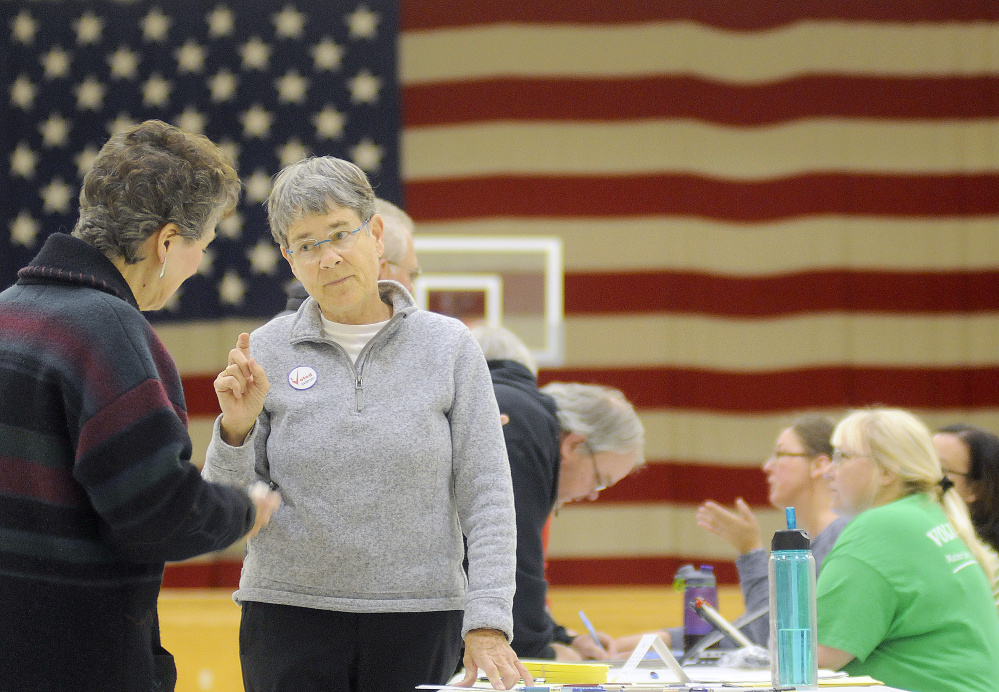
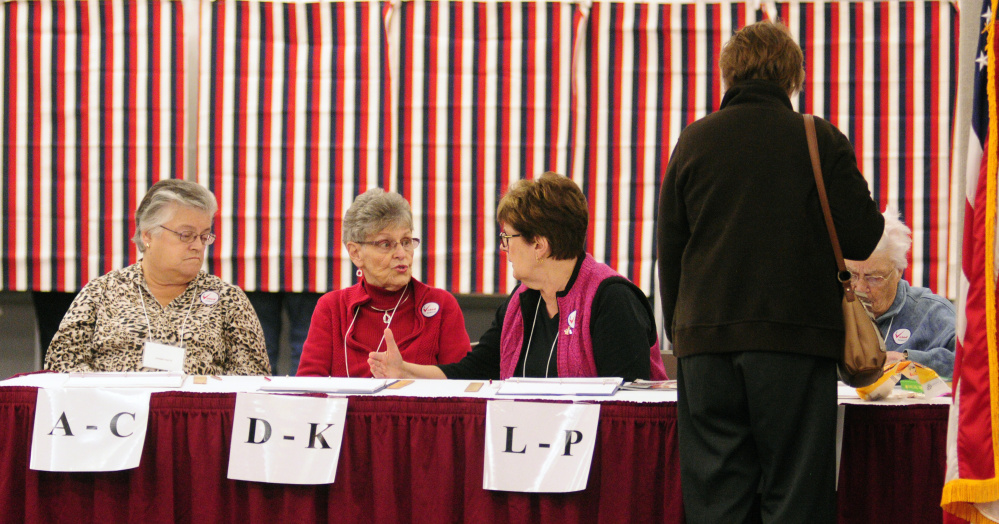
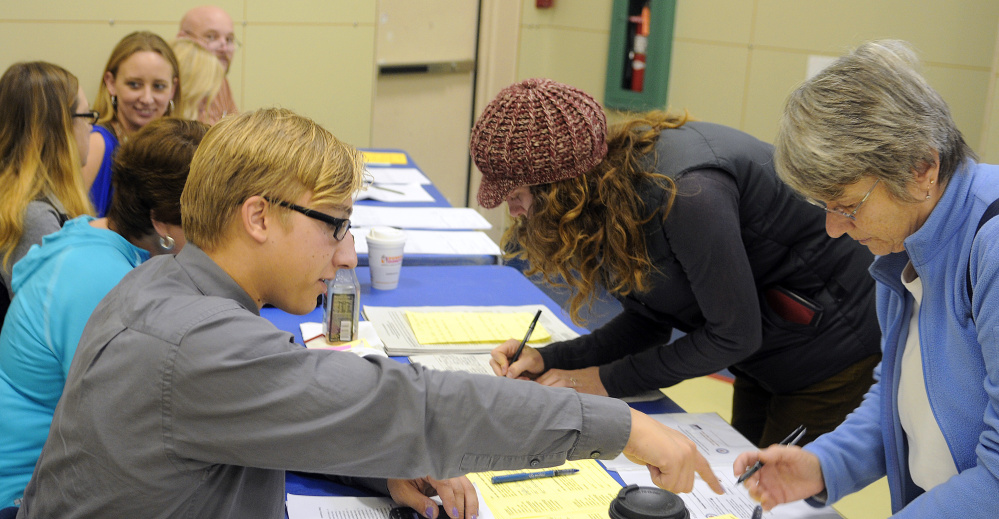
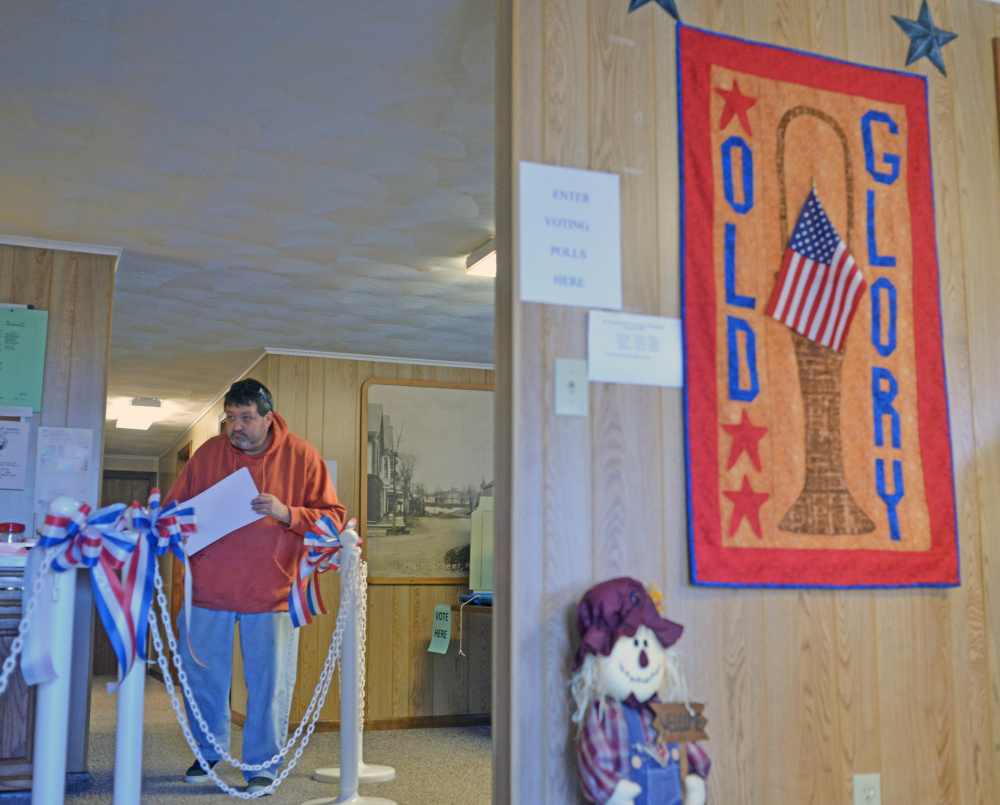
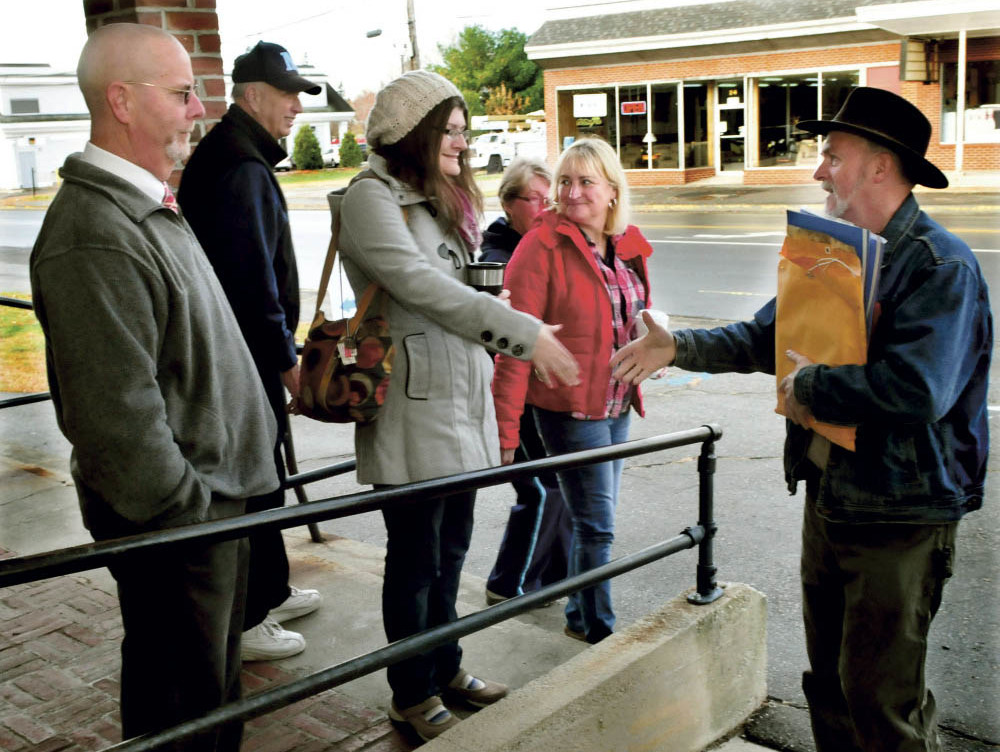
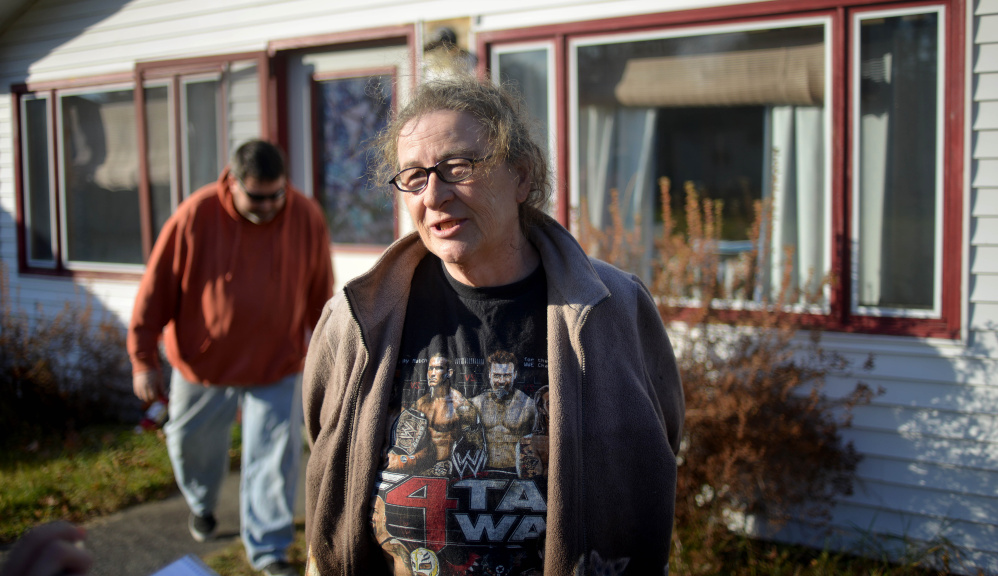
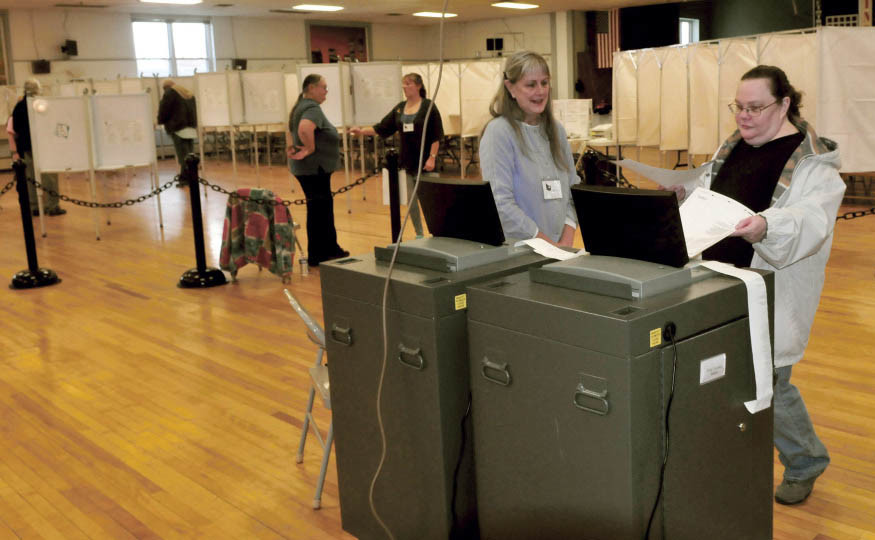
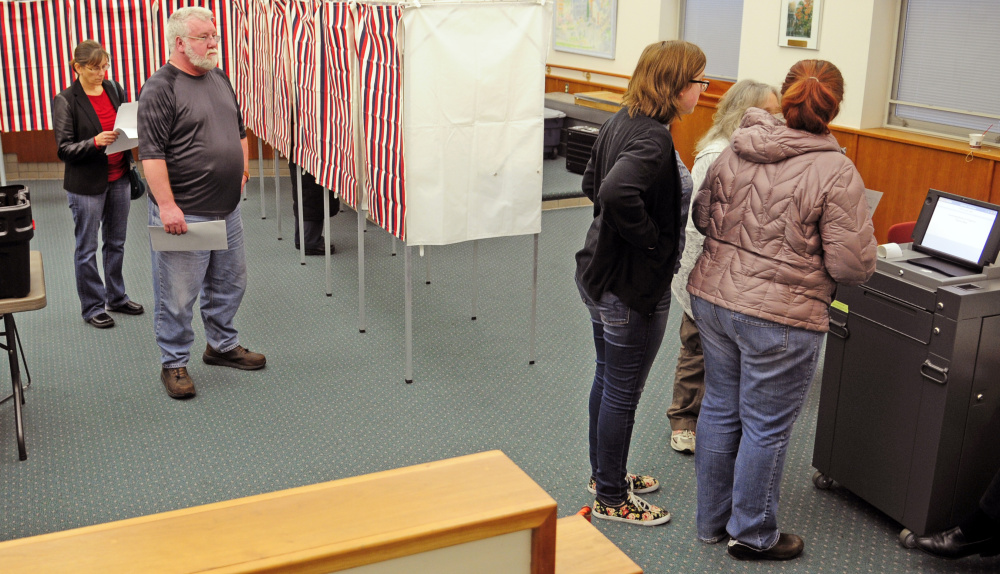
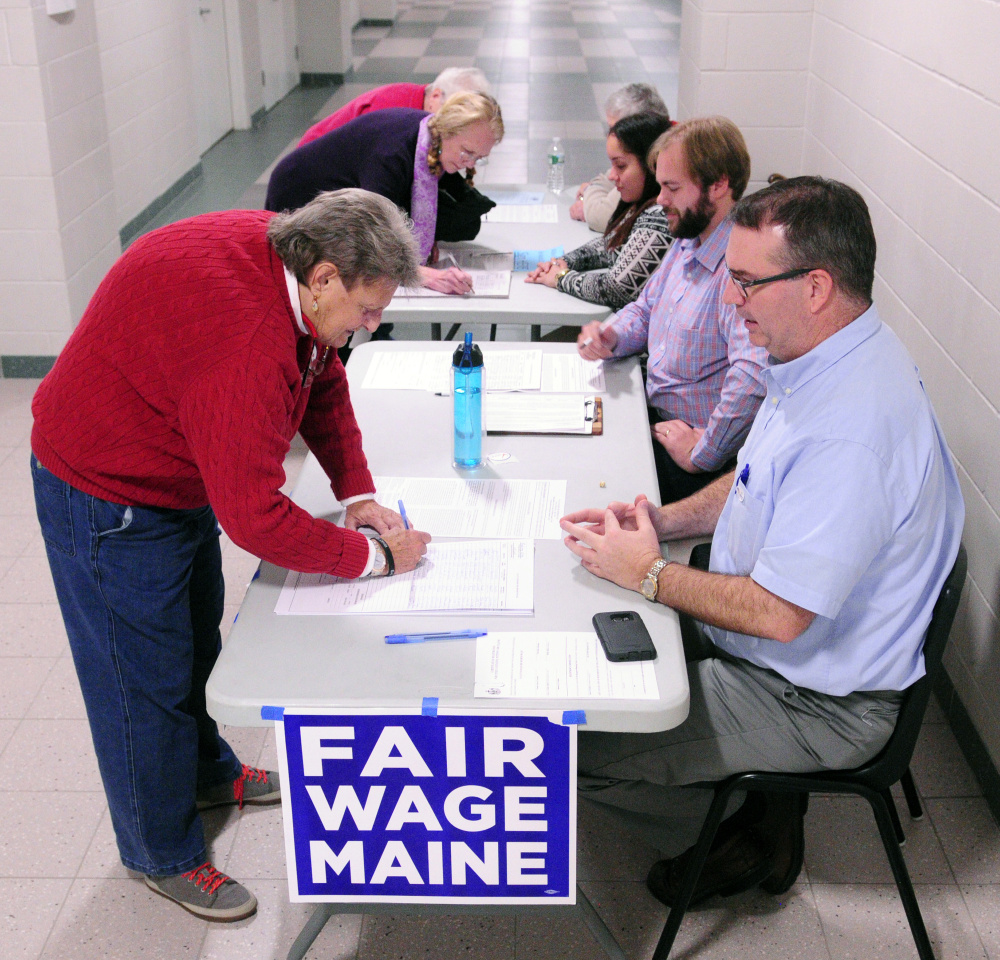
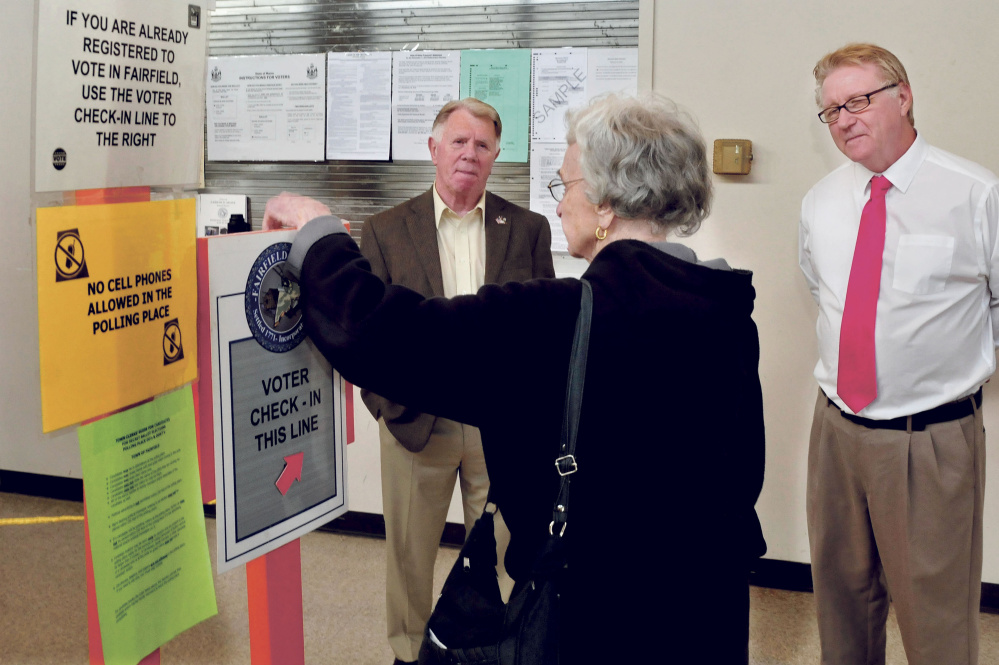
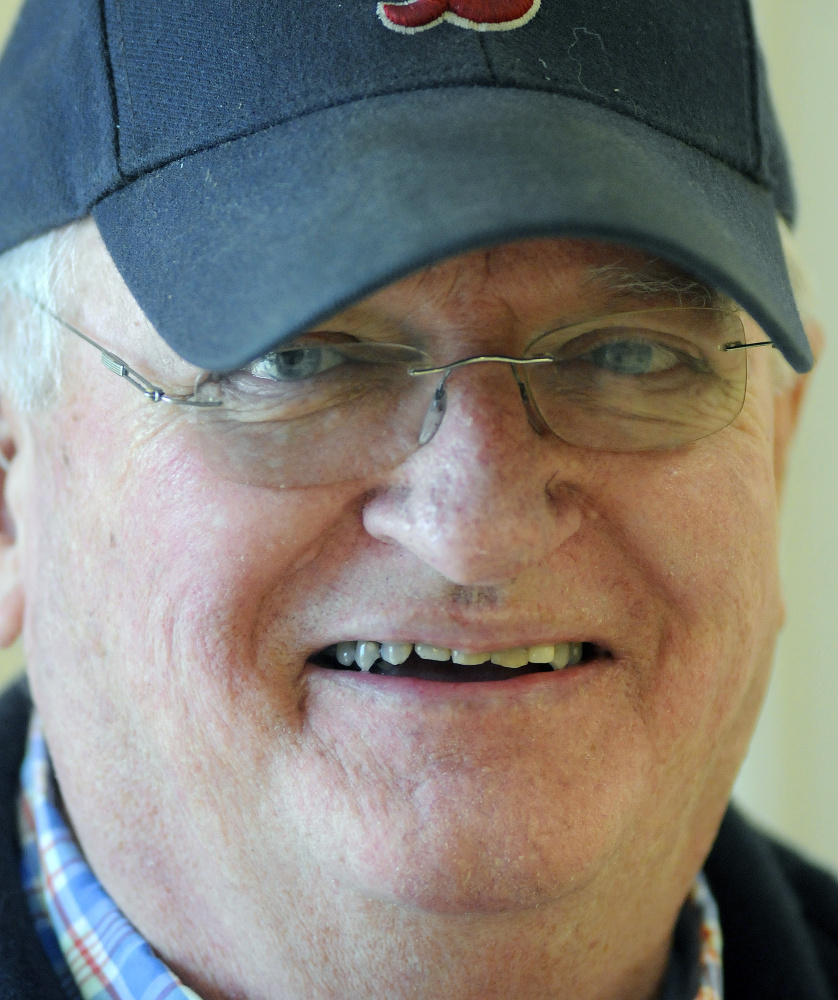
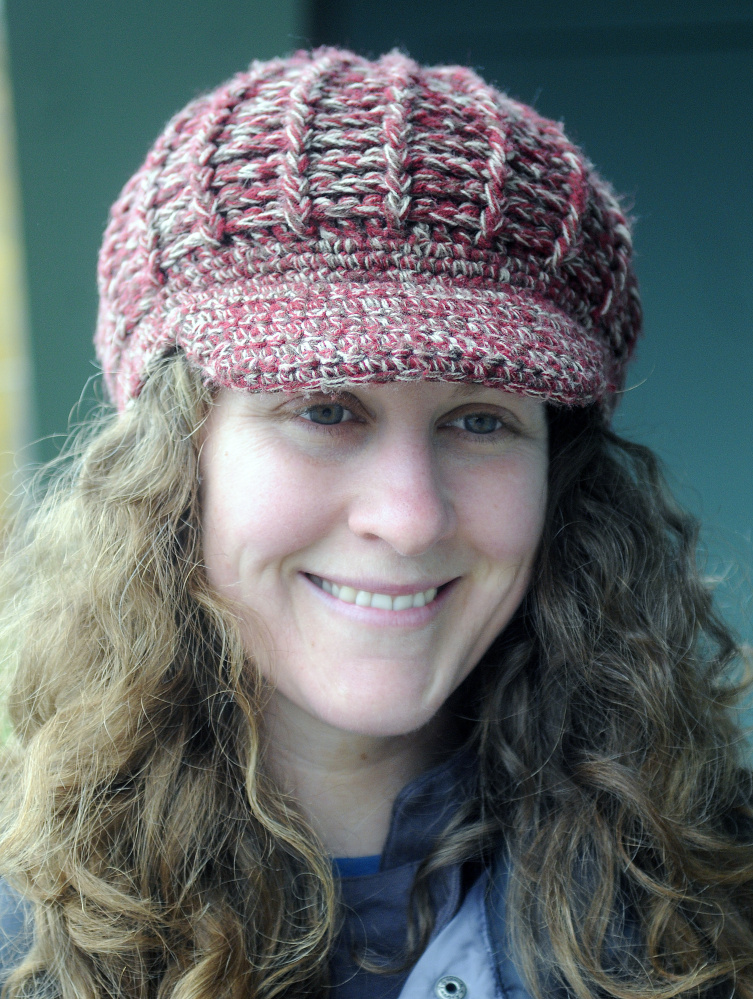
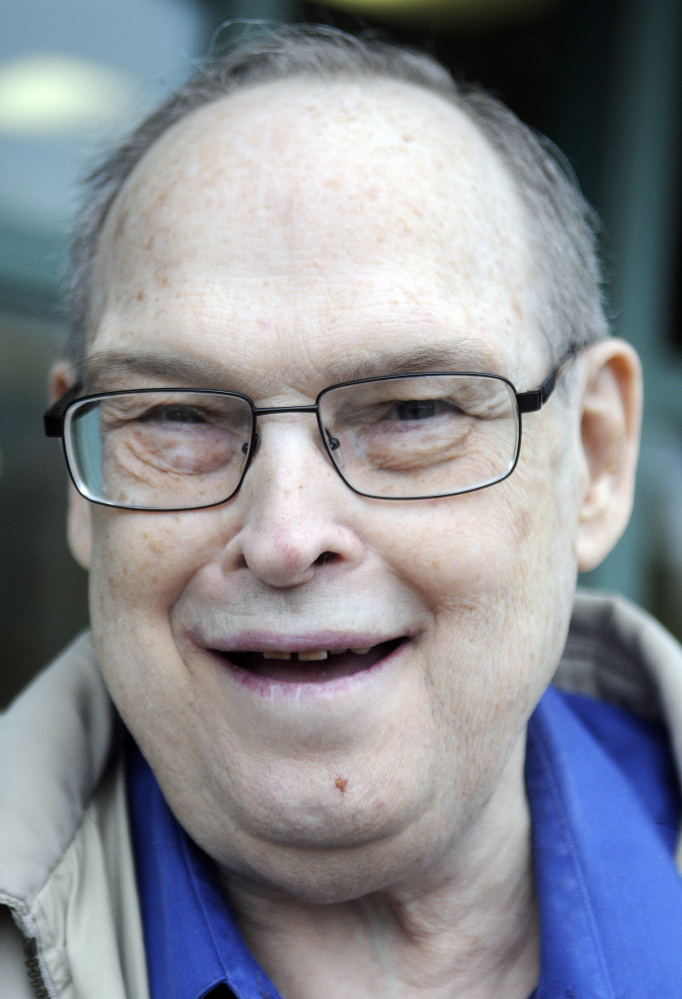
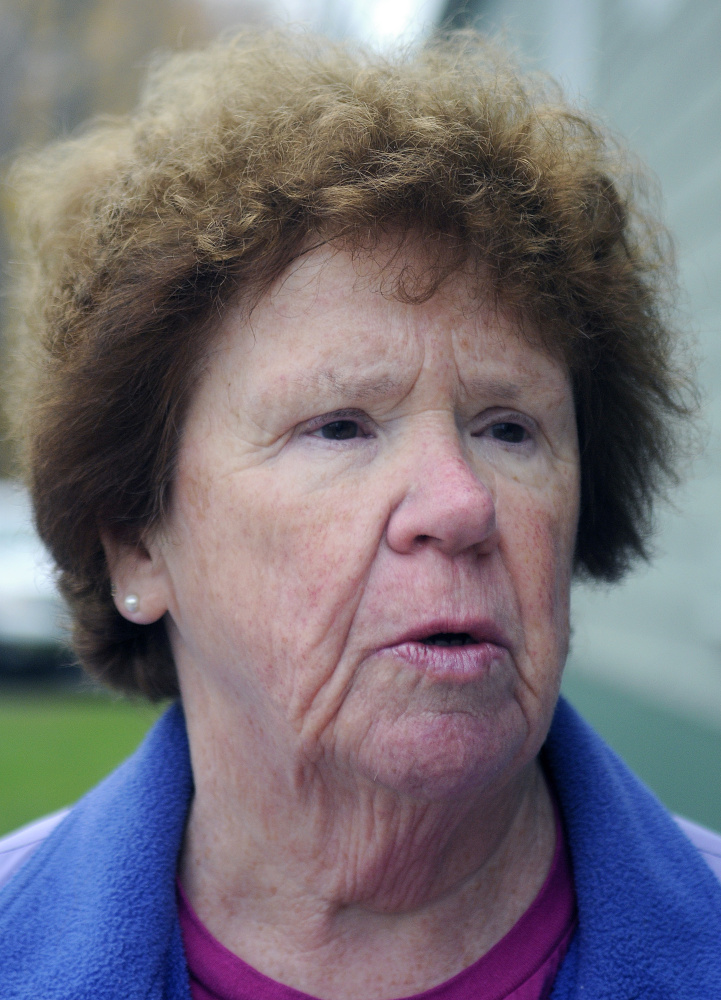
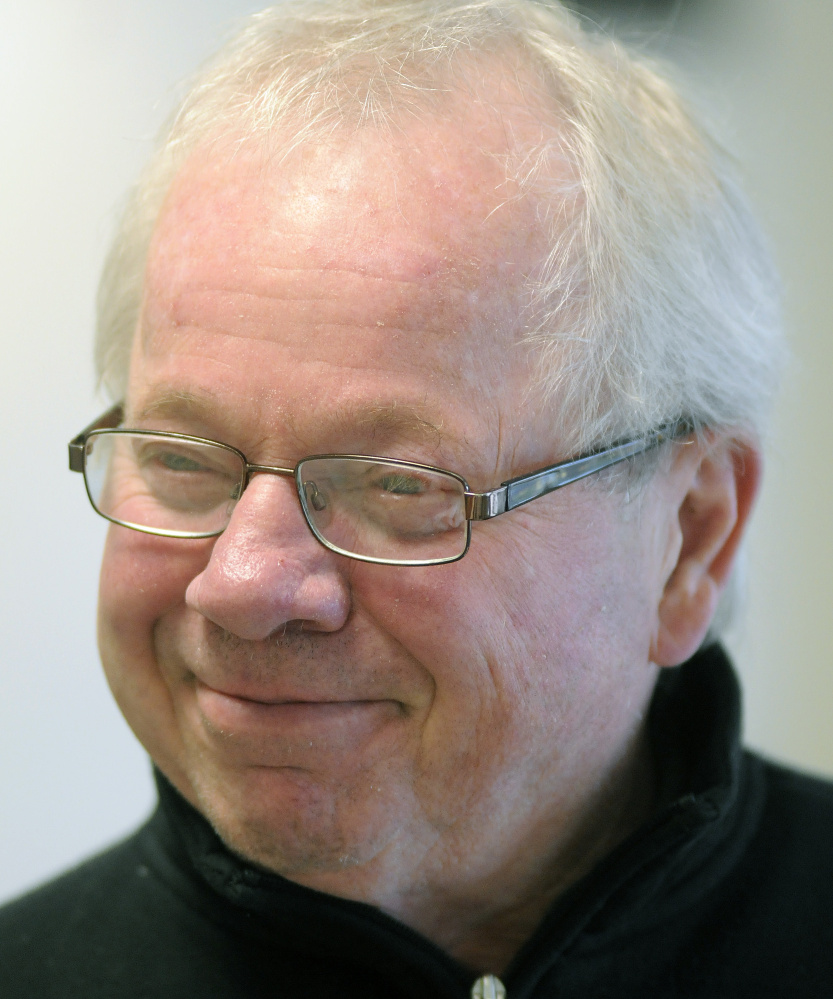
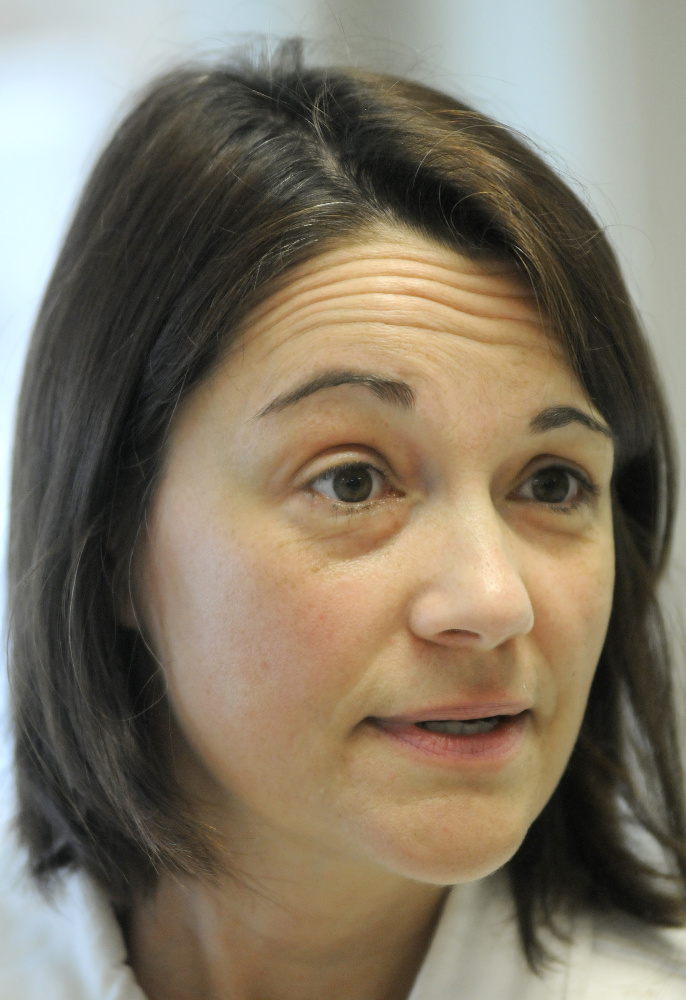
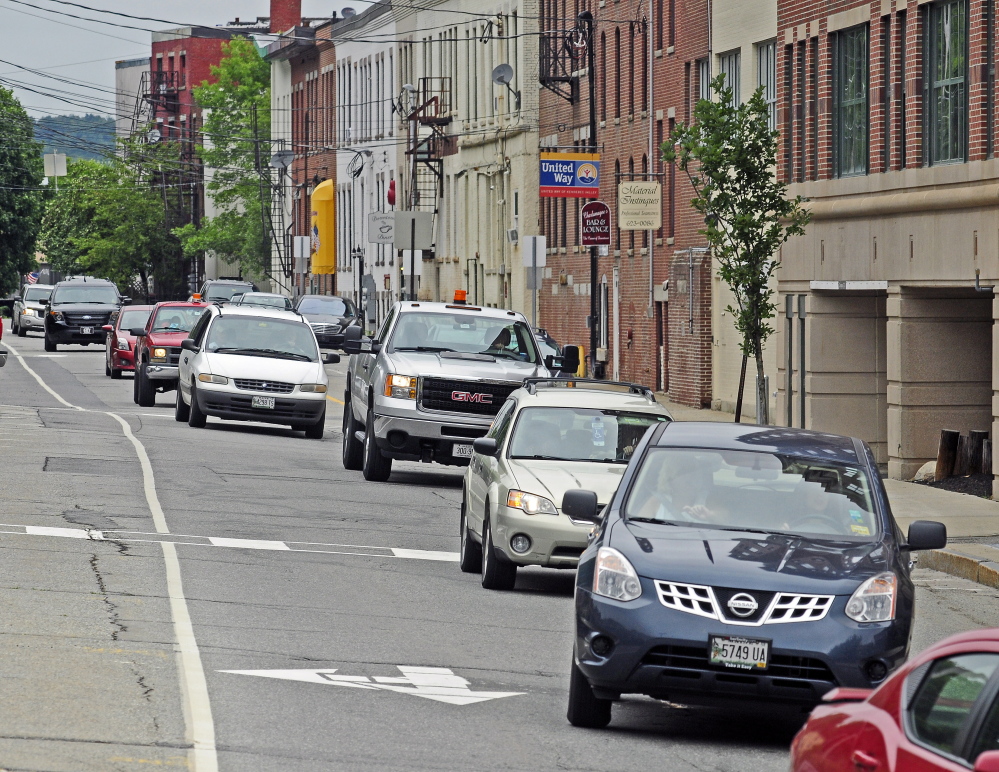

Success. Please wait for the page to reload. If the page does not reload within 5 seconds, please refresh the page.
Enter your email and password to access comments.
Hi, to comment on stories you must . This profile is in addition to your subscription and website login.
Already have a commenting profile? .
Invalid username/password.
Please check your email to confirm and complete your registration.
Only subscribers are eligible to post comments. Please subscribe or login first for digital access. Here’s why.
Use the form below to reset your password. When you've submitted your account email, we will send an email with a reset code.